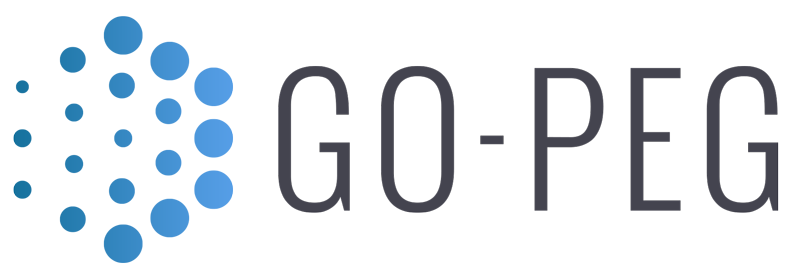Thursday, October 27, 2022 – 13:30 to 15:30
An INSPIRE webinar on GeoPackage and implementation practices will be held on 27 October. Some of the members of the GO-PEG project will be participating in this webinar: Stefania Morrone and Thorsten Reitz. In particular, they will discuss about the experiences from national implementation (IT): Geological Map of Italy (GML vs GPKG), INSPIRE Geology – extended model for subsurface data (GO-PEG EU project) and about the implementation in the environmental noise directive reporting data flows.

See below the webinar programme:
| Session | Presenter |
| Introduction Introduction to INSPIRE Good Practice – GeoPackage encoding of INSPIRE datasets GeoPackage – general information | JRC Wetransform, Thorsten Reitz |
| Implementation in the Environmental Noise Directive reporting data flows Reporting data flow, design principles, model transformation rules, reported datasets in the Reportnet3 platform Experiences from national implementation (NL) | Wetransform, Thorsten Reitz RIVM (Netherlands), Jan Skornsek |
| Implementation of INSPIRE Geology data theme, Italy Experiences from national implementation (IT): Geological Map of Italy (GML vs GPKG), INSPIRE Geology – extended model for subsurface data (GO-PEG EU project) | Epsilon Italia, Stefania Morrone ISPRA (Italy), Chiara D’Ambrogi |
| Implementation of Addresses, Denmark Extending INSPIRE Addresses (adding geometry on the fly) | Agency for Data Supply and Infrastructure (Denmark), Heidi Vanparys, Lars Erik Storgaard |
| Implementation in providing GeoPackage, Finland Delivering GeoPackage through API’s with embedded styles | National Land Survey of Finland, Jari Reini |
| Discussion and comments Proposals from the audience will be considered as comments for further improvements known solutions can be explained in the webinar, other comments will be considered later and answered in GitHub | |
| Conclusions and next steps End of webinar | JRC |


